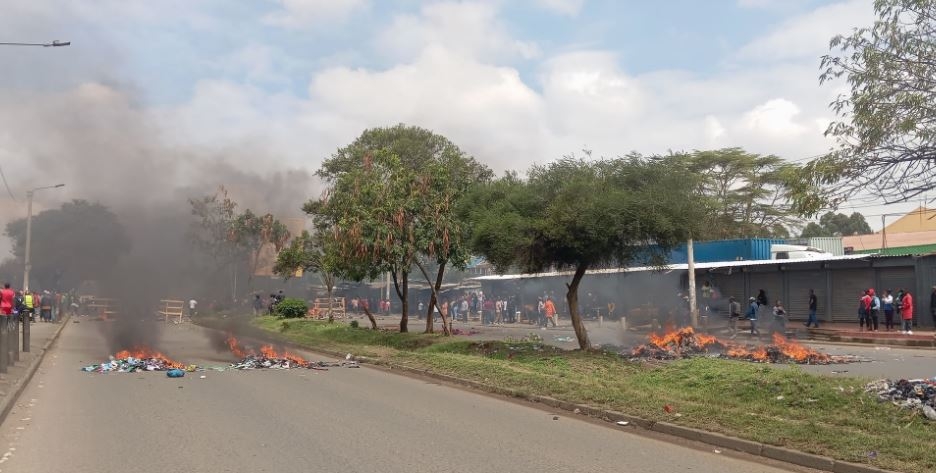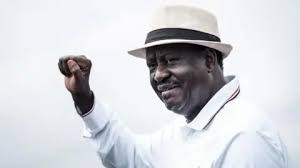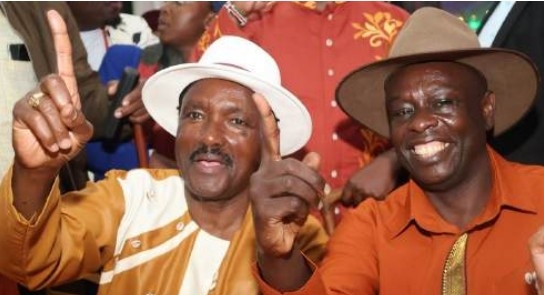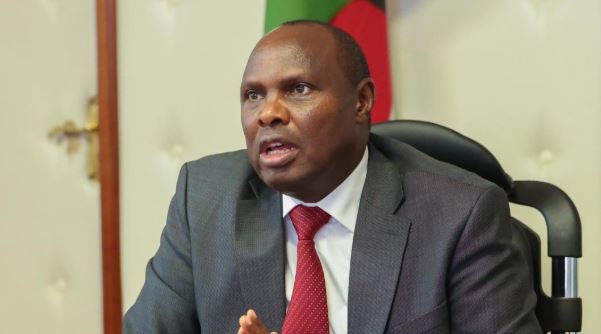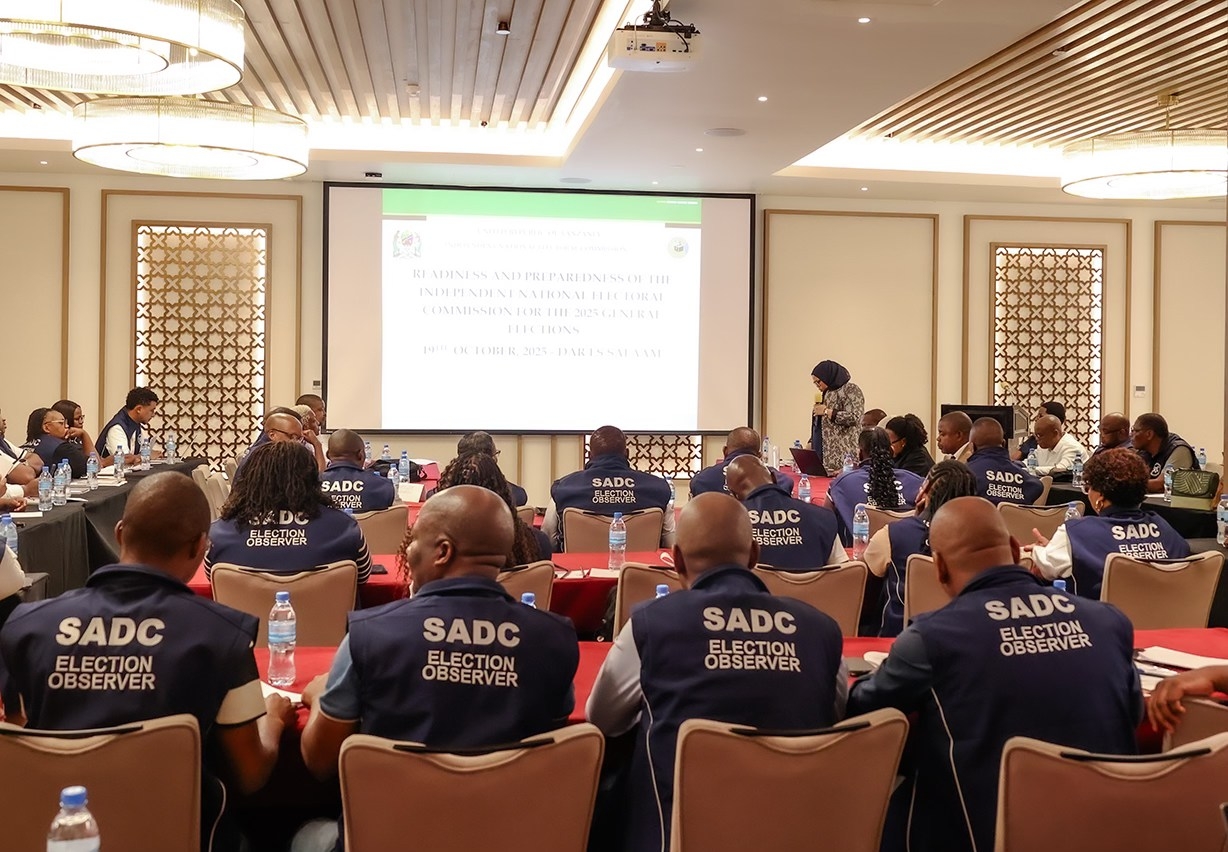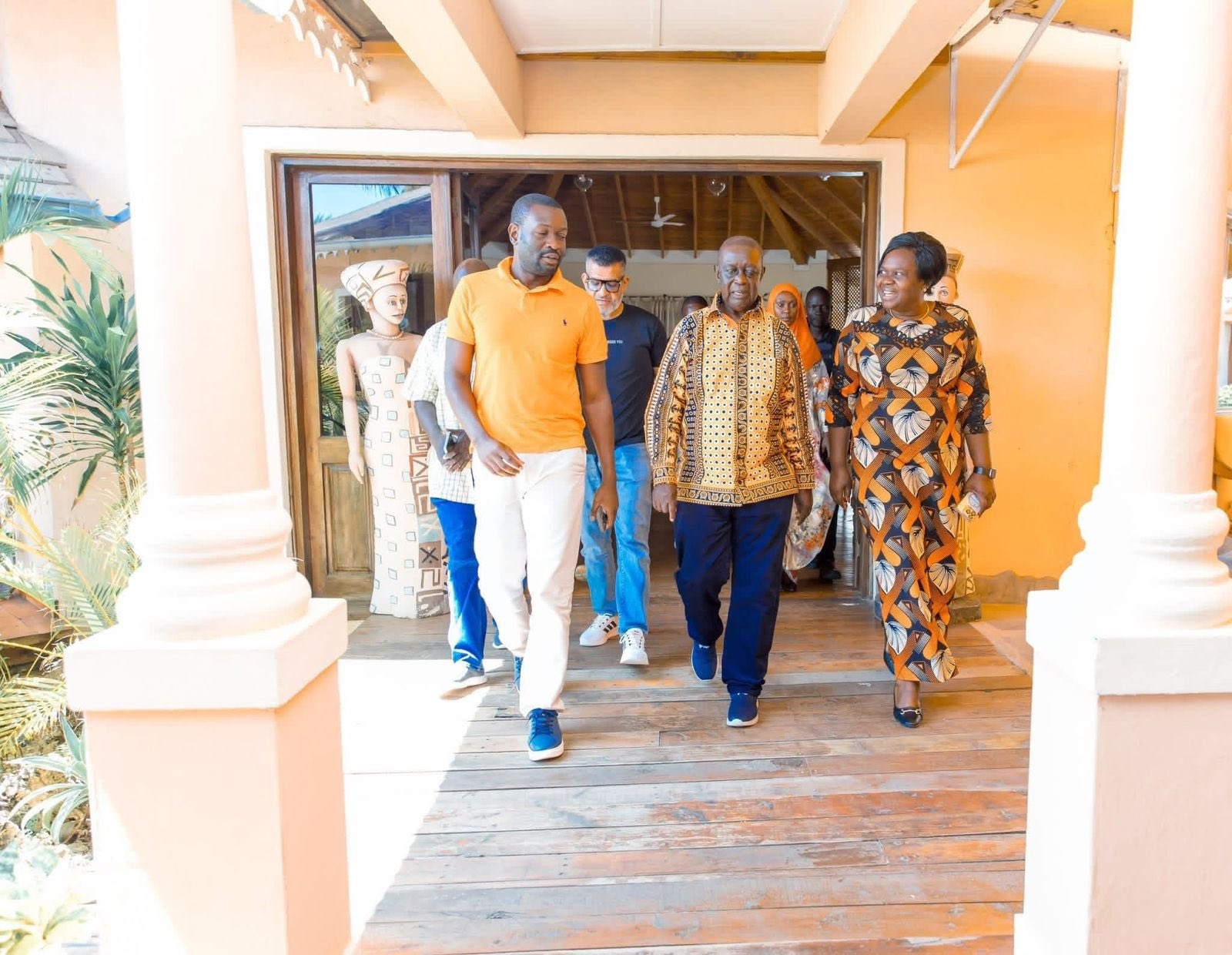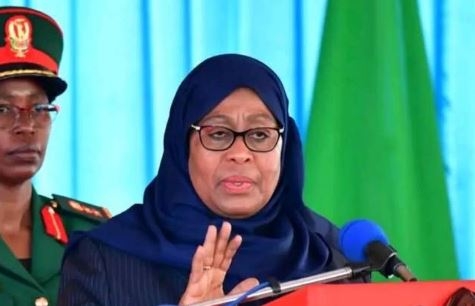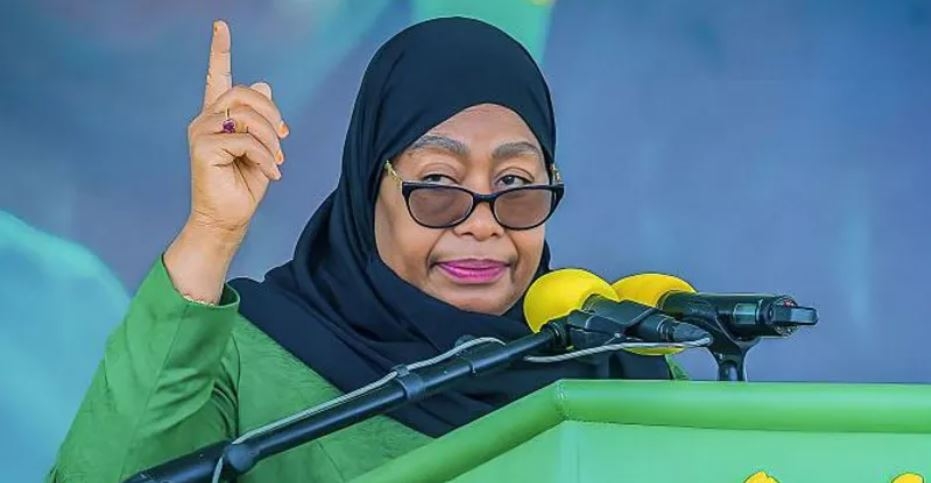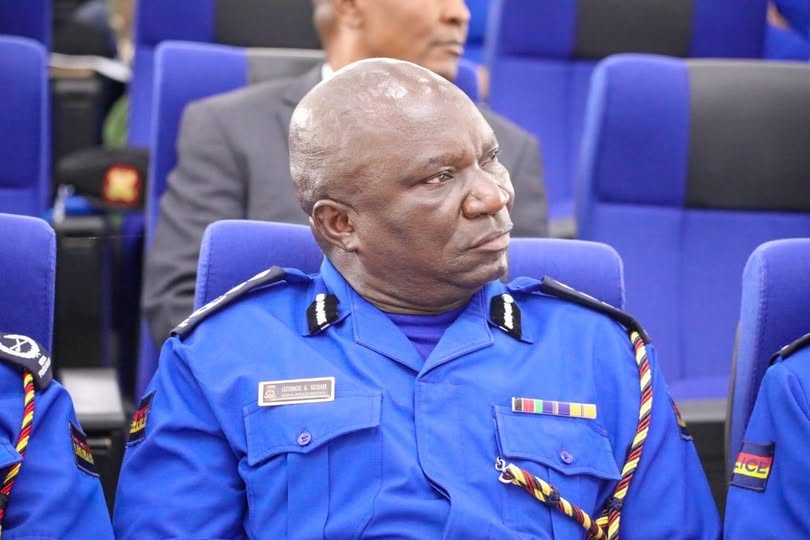To say George Wajakoya has lived a dramatic life would be an understatement. Once a ‘chokoraa’ in his early teens in the streets of Nairobi, he became a top cop and later fled to the UK over Dr Robert Ouko’s death.
Now a lawyer, the 61-year-old has a captivating story of how he went from digging graves in the UK to pay school fees, to being one of the most-educated scholars.
Wajakoya has acquired more than seven degrees and several diplomas, and he has become one of the most-sought-after immigration lawyers in the region.
We sat down with him at his office in Karen, where he gave us his intriguing story of rags to riches.
Wajakoya was born in Mumias, but his parents divorced when he was in his teens. He only had a sister but his father went on to have many more children after divorcing his mother.
Left to his own devices, Wajakoya found his way to the streets of Nairobi, and he went to the Hare Krishna temple to look for food. The Indians rescued him because he was homeless, and decided to adopt him.
“It was from there that the Asian community picked me up and took me to school, and while at school, I met the owner of City High School, Ramallah Sharma, who removed me from the temple and gave me a room in one of his stores,” he said.
Wajakoya would wake up very early to join the workers to clean more than 40 classrooms and on Fridays, he used to replace the security guard.
“At City High School, I was a classmate to K’osewe owner William Osewe and former Makadara MP Reuben Ndolo. It was a rogue school for boxers, but people used to pass,” he said.
That’s where he met the late Minister JJ Kamotho, who grew fond of him and paid for him to join St Peter's Boys for his Form 5 and 6.
After he completed his A levels, he was a teacher for a few years before he decided to join the police.
“I went to Kiganjo, where I met the current Deputy Inspector General of Police Edward Mbugua, Deputy Director of DCI Joseph Ashimala and many others,” Wajakoya said.
After he was through during their passout, then President Daniel Arap Moi went to their graduation in 1984 and said that those who had completed A levels must go back to Kiganjo and do the inspectorate.
“After my postage to Central police station, I was able to go back to Kiganjo for the inspectorate. That is how I became an inspector,” he said.
When he came back to Nairobi, he worked at Pangani and Kasarani police stations and later he joined intelligence.
That’s when his woes began after the then Foreign Affairs Minister Robert Ouko was murdered and he was allegedly one of the investigators.
TURNING POINT
“With whatever happened, there were people who wanted us to do things in a different way, but those who refused like myself were like marked people and at the end of day, I was put in prison,” he said.
He was arrested and put in detention because of the case and until today, some of the things done to him in detention are still fresh.
“When I was detention, I used to be taken to the morgue at night at city mortuary, then they would blindfold me. They would open it at around 4am and I would see dead bodies. That’s why I don’t eat meat,” Wajakoya says.
He says he could vomit from what he saw then and that the stench is still in him, though it happened many years ago.
Luckily the then US Ambassador Smith Hempstone helped him fly out of country to the UK, where he became a refugee, a grave digger and also a security guard.
On how the torture and exile affected him, he says it delayed him from becoming a man.
“I never married, I had a lot of psychological issues. I was not free because people were being murdered day and night,” he said.
Even while in exile, he lived in fear as he was allegedly beaten up several times by people that are said to have been sent by the Kenyan embassy through the intelligence society.
“I think am the only living witness today, most have died; Jonah Anguka just died the other day. I have gone through hell. I have seen it all and I have also been rewarded for persevering,” Wajakoya says.
He adds, “There was a crackdown on those who were close to me. They believed I had a lot of information on Ouko’s death and thought I would use it to bring the government down,” he says.
Wajakoya says he cannot speak a lot on the case as it is still in court, but he wants it to be clear that it’s because of Ouko’s death that he went into exile.
DIGGING GRAVES
After some time in the UK, he decided to go back to school. So with the help of now Senator James Orengo, through the late Julie Ward's father, he got his Kenyan A level certificates to the UK.
“With the little money I was getting from the UK government and what I got from grave digging, I did my bachelor of law in London, then I did two Master's, and the world of education opened up,” he said.
His lowest moment was when he faced discrimination in the UK. Even while digging graves, some people would say, “A black man is digging my relative’s grave?”
That gave him the motivation to work even harder to achieve, and he did just that.
“Years down the line, after multipartyism, with people like the late Matiba coming in and staying, I moved to the US. I wanted to transition into something else. I was tired of the UK, where I had acquired five degrees and even become a millionaire,” he said.
He went to the University of Baltimore to do a Master's of law, took the Washington DC bar and life progressed.
He then moved to California, where he was a professor in American Heritage University.
“At one point, as a result of my knowledge, I become the most-wanted legal scholar and a speaker in various universities in the US,” he said.
On how he got his PhD, he says the then California Governor Arnold Schwarzenegger, who was leaving office, nominated him to get a PhD for being an African who had made a mark in the state.
He is currently pursuing his PhD at a university in the US. At the same time, he is undertaking a post-graduate diploma in the University of London as a full-time student.
He says recently, he was awarded a Master of philosophy in criminal justice by his university in the US.
POLITICAL INTEREST
Wajakoya says he will definitely be on the ballot next year, running in the presidential election on a Roots Party ticket.
In 2012 when he landed in Kenya from exile, he announced that he would running for President, but he never reached the ballot.
He says that’s because his party Roots had not been registered, so there was no way he would be on the ballot, and thus he was locked out.
Interestingly, he says running for that seat was also a plan to keep him safe since the people he had mentioned in the Ouko case were still alive.
“We planned that I come in and run for President in the 2013 general elections so that the media keeps me afloat,” he said.
In 2017, he was the running mate of Abduba Dida, who had ventured into the presidential race but later withdrew.
However, Wajakoya says in next year’s general election, he will definitely be on the ballot as a presidential candidate.
“We are preparing. I will be on the ballot. I will not win the election but I'm making a statement. Who knows about the future? You can run so many times,” he says.
Wajakoya says his party Roots is very vibrant. It is currently in 24 counties and is even fielding candidates in the elections.
The professor, who loves the fine things in life, says since he does not drink; he buys himself expensive watches and cars.
He says one of his watches costs about Sh4.8 million, but it’s not among the most expensive in his collection.
“I grew up in the streets, I was a chokoraa, so I should enjoy life. I love to treat myself. When I travel, it's only first class,” he says.
The lawyer, who runs 10km every morning to keep fit, says his hobbies are travelling around the world and being on his farm in Texas.
He is now married with children, his wife is abroad.
Edited by T Jalio



